Galaxy A90 5G is Samsung's first mid-range phone with 5G connectivity
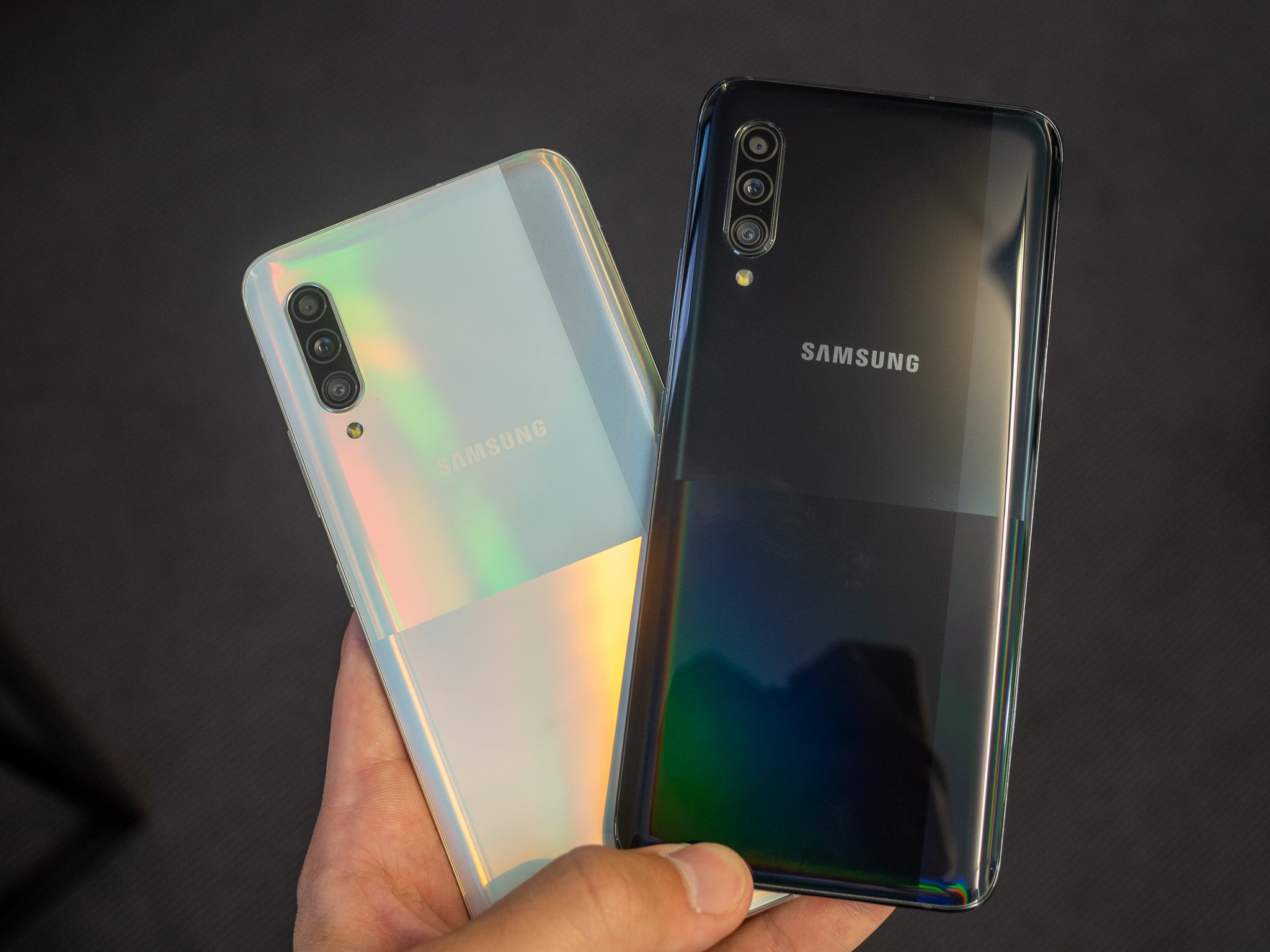
What you need to know
- Samsung has announced the Galaxy A90 5G, its first 5G-enabled A series smartphone.
- The phone runs on Qualcomm's flagship Snapdragon 855 chipset, paired with the X50 5G modem.
- It is set to go on sale in Korea from September 4 and will "expand to additional markets thereafter."
Samsung today formally announced its latest 5G-enabled smartphone, the Galaxy A90 5G. The first A series phone with 5G connectivity, Galaxy A90 5G offers near flagship-grade hardware and comes with some impressive features like Samsung DeX support and Game Booster for enhanced gaming performance.
Samsung Galaxy A90 5G is equipped with a Qualcomm Snapdragon 855 processor with the X50 5G modem and Qualcomm RF Front-End solutions. It has a similar 6.7-inch Super AMOLED display as the Galaxy A80 but comes with a small U-shaped cutout at the top. Housed within the cutout is a 32MP selfie camera with an f/2.0 aperture.
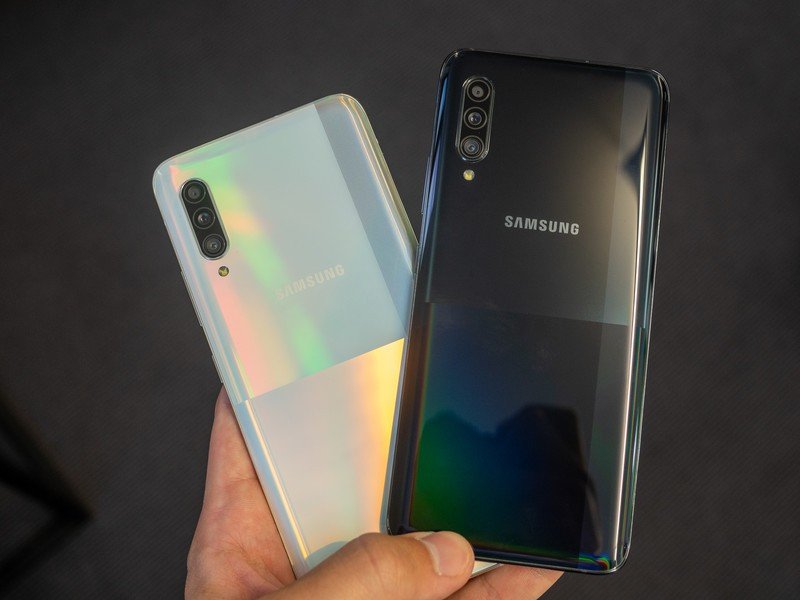
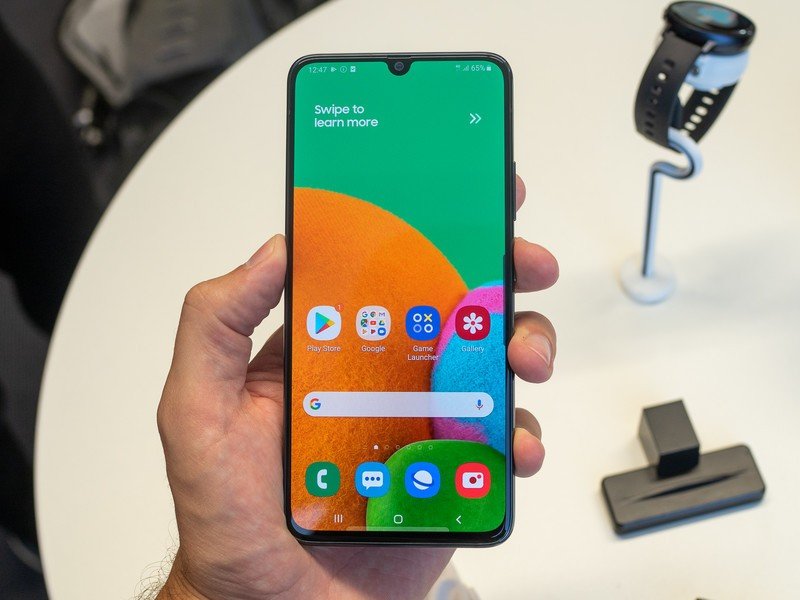
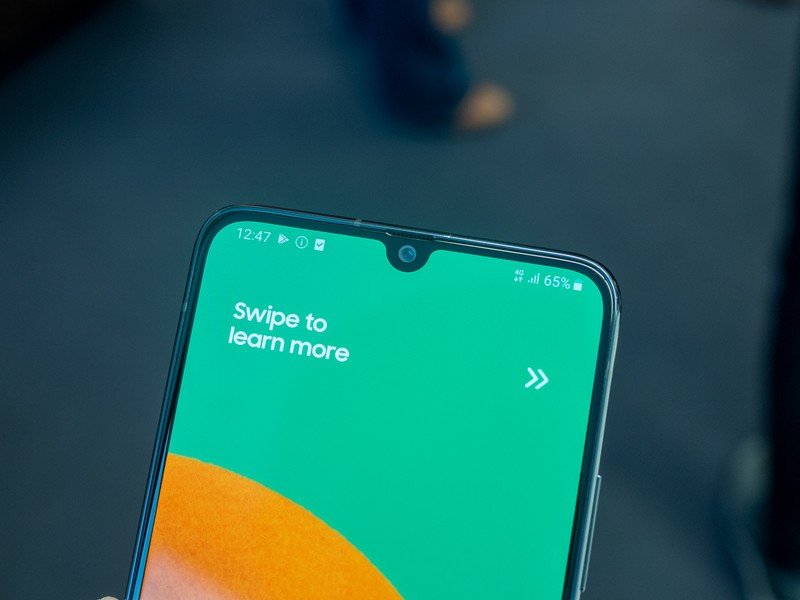
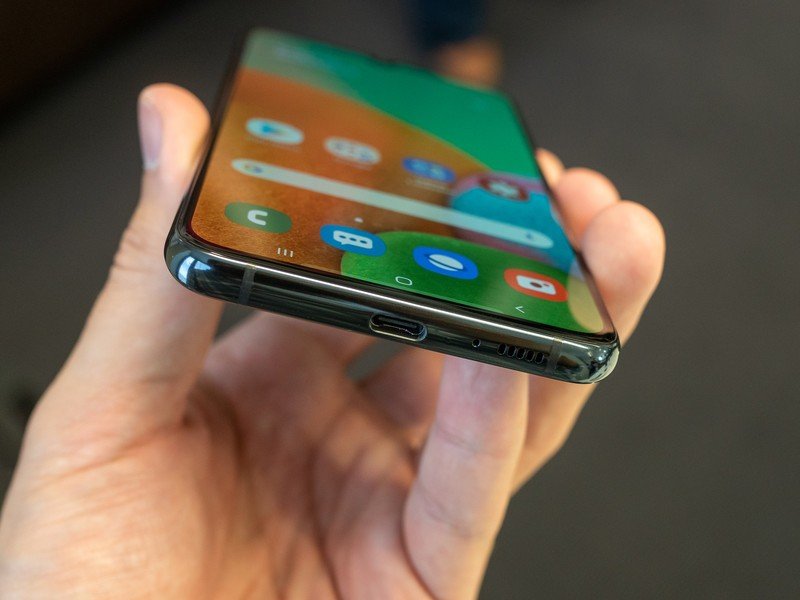
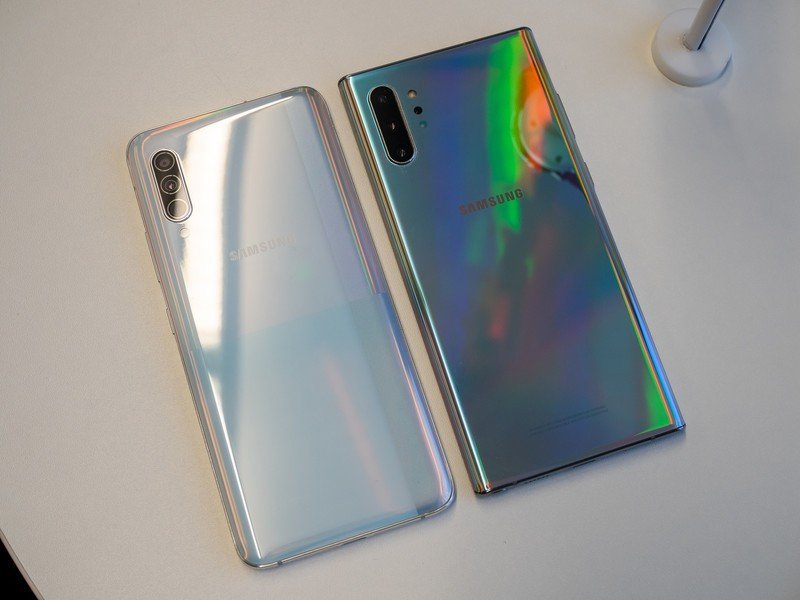
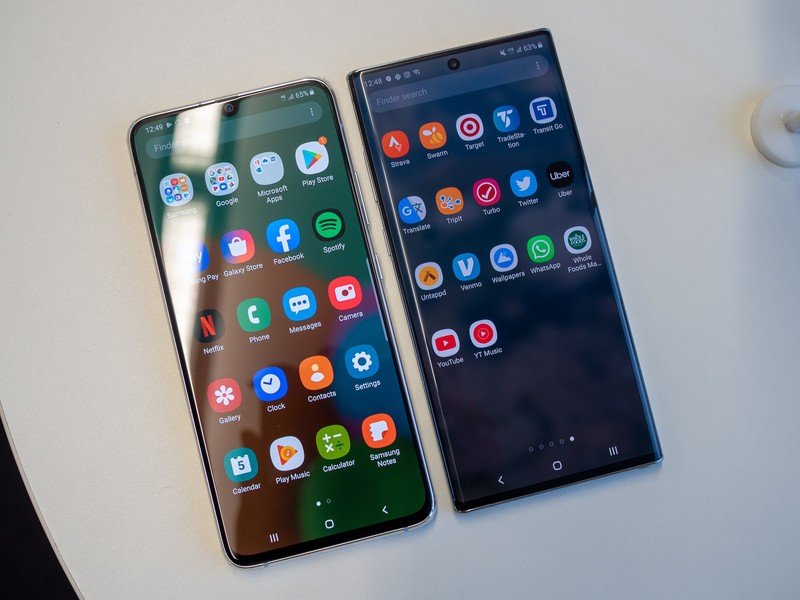
At the back of the phone is a triple camera setup which comprises a 48MP primary sensor, an 8MP ultra-wide-angle lens, and a 5MP depth sensor. The phone will be available with up to 8GB of RAM and 128GB storage. Samsung Galaxy A90 5G also includes a large 4,500mAh battery with 25W fast charging, a microSD card slot for further storage expansion, and an in-display fingerprint sensor.
The Galaxy A90 5G will go on sale in Samsung's home market of Korea from September 4 in black and white color options. Samsung hasn't announced the phone's pricing details just yet. Apart from Korea, the Galaxy A90 5G will also make its way to a few additional markets sometime in the near future.
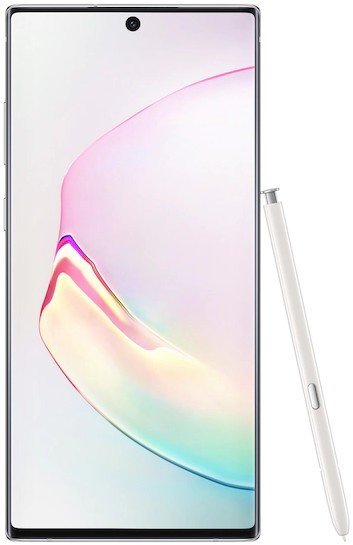
Samsung Galaxy Note 10+ 5G
If you're in the market for a new 5G Android phone, the Samsung Galaxy Note 10+ 5G is arguably the best option out there right now. It offers a gorgeous 6.8-inch Dynamic AMOLED display, fantastic cameras, great battery life, and a highly versatile S Pen.
Be an expert in 5 minutes
Get the latest news from Android Central, your trusted companion in the world of Android

